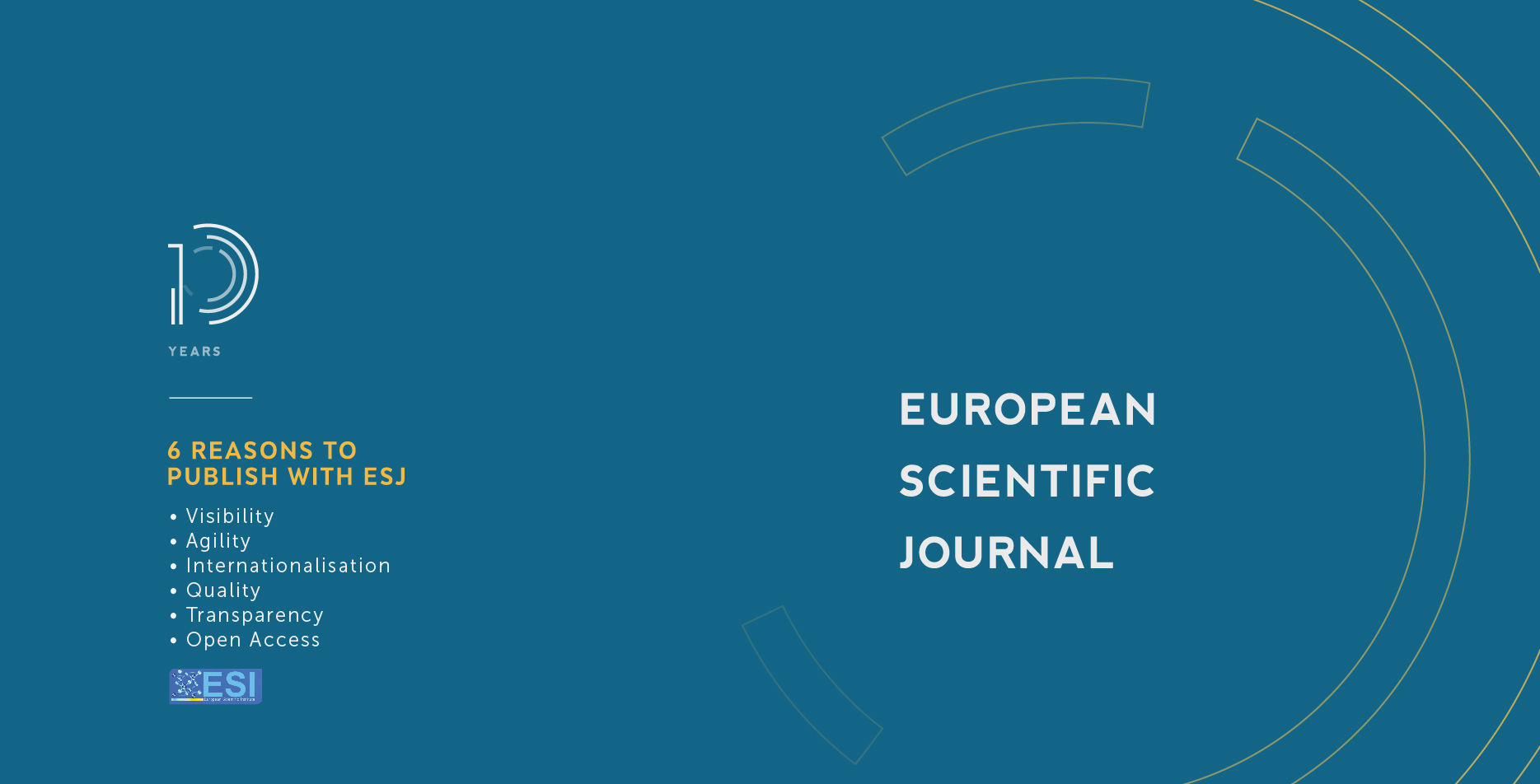Language and Sexism: The Use of English Language as Academic Discourse in Balamban, Cebu Primary Education Textbooks
Abstract
It is important to analyse textbooks in primary education from a gender perspective because textbooks, in addition to family and society, play an important role in the socialization of children. Thus, this study aims to analyse and review gender roles as well as the use of the English language as academic communication in selected primary education textbooks. Furthermore, 5 primary school teachers were also interviewed to know their perceptions of gender roles. Qualitative content analysis and data collection methods were used. The texts and illustrations of the textbooks were content analyses and it was found out that these selected textbooks were male-based in texts, illustrations, and language. The textbooks portray men in active roles mostly in Science related fields while women were depicted in conformity with the expected traditional Filipino culture of women; dependent, take care of the household, and passive. Findings from teacher interviews correspond to the findings from the textbook analysis. It shows that almost all teachers admitted that women/men are not treated equally but at the same time in some instances, they believed that roles or occupations that require physical strength and competence should be male-exclusive. When it comes to women’s roles outside the home, the interviewed male teachers wanted these roles to be in conformity with the traditional Filipino culture where women stay in the house and take care of the babies, and do most of the household works. The interviewed female teachers react in opposition saying that the current Philippine societal set-up no longer requires women to stay at home perform traditional expected roles of women, stating that male teacher’s conclusion as to the roles of women outside the home indicates deeply rooted beliefs perpetuating the unequal treatment of girls and boys in Philippine families, schools, and society. The research comes to a number of conclusions and also recommends more research with a wider scope that includes interviews and analysis from an increased number of teachers, students, textbook reformers, and policymakers to get a wider picture of gender roles.
Downloads
PlumX Statistics
Copyright (c) 2021 Lea Ann A. Villanueva, Geronimo Obaob

This work is licensed under a Creative Commons Attribution-NonCommercial-NoDerivatives 4.0 International License.








